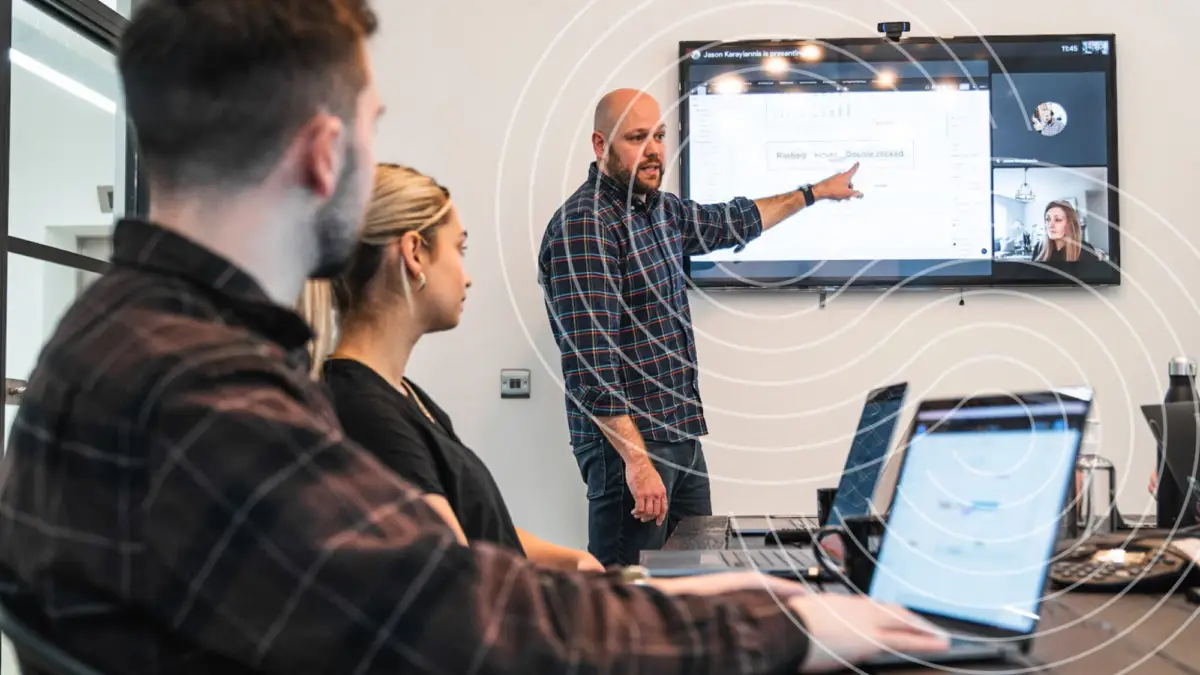
How do we grow leadership skills?
It's common to recognise a “leader” by their job title. But it's better to identify leaders through their behaviour not their position. That view is echoed in other fields like medicine, where interestingly, they're arguing “it’s no longer enough to be a technical expert”.
Recently, here at Instil, we've been thinking about leadership characteristics and how we can help our people lead no matter what their position.

Hilel Wayne tells us that "Authority is performative" – if you want to lead you need to show you have confidence and authority. He goes on to offer 7 steps for demonstrating authority. For example:
4. Talk about alternatives in a deep, honest way. Say what they do worse, but also what they do better, and in what circumstances.
Hilel's approach tells me that demonstrating leadership in any area requires deep learning. A recent post from Jim Nielsen reinforces that thinking. You Are What You Read, Even If You Don’t Always Remember It.
Feeling Safe
We often talk about encouraging people out of their comfort zones, but perhaps we need to enlarge comfort zones so difficult tasks like leadership feel safe.
Paul Byrne, over on LinkedIn, discusses the different stages of psychological safety. We want our teams to reach the stage where people “feel empowered to question and innovate, challenging the status quo to drive improvement and change”.
We can't challenge the status quo if we feel threatened. Juraj Malenica encourages us to lead by example and demonstrate vulnerability at work.
Great teams don’t have perfect members. Instead, they have honest, open communication that nurtures trust and a feeling of unity.
Cultural Challenge?
Speaking of creating environments where people feel safe, I enjoyed reading Engineering a culture from Bryan Cantrill at Oxide. It takes work (and leadership) to develop a culture that enables people to do their best work together.
Building a culture is very different than building (say) software: it is not engineered in a traditional sense, but is rather a gooey, squishy, organism that will evolve over time
A little less recent but still helpful: there's a good article over on Intercom about engineering a culture of psychological safety.
One thing we're trying at Instil is developing communities of practice where folks from different teams can share knowledge and hone technical leadership skills in a safe space. I find it incredibly helpful to join the community catch-up calls and learn from the experts.
A few quick links to wrap up this week:
Dates are hard – Airline keeps mistaking 101-year-old woman for baby
batis my favourite – 6 non-obvious tools that should be in your command-line toolboxA good list with helpful follow-on links – 9 signs your frontend code has quality issues that affect your users
Until next time,